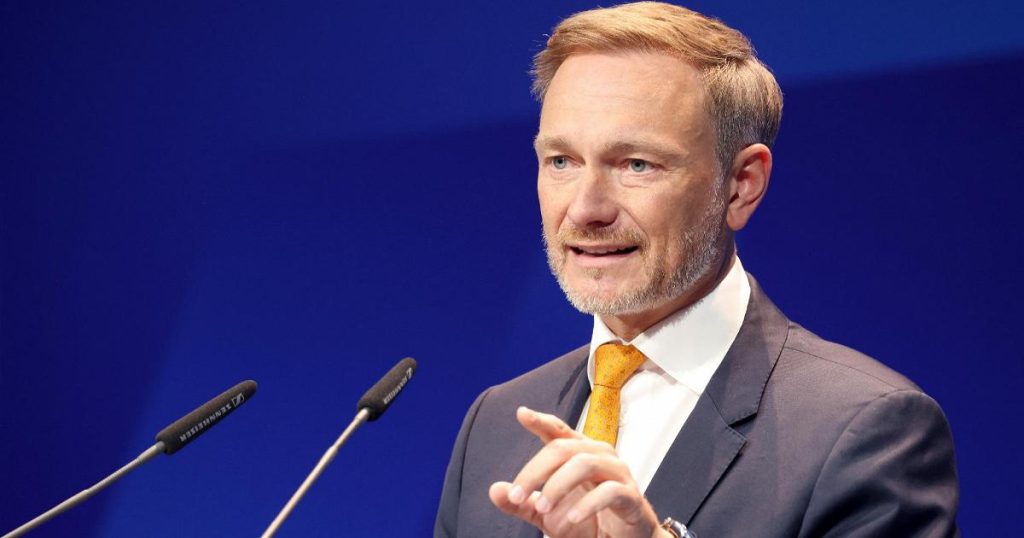The German government is in crisis, as Olaf Scholz has dismissed the Minister of Finance, Christian Lindner, who is a member of the liberal party. The announcement came amidst tense negotiations between the coalition partners – the SPD, liberals, and Greens – regarding the budget. Lindner had threatened to resign if the necessary reforms to address the crisis were not passed. To overcome the impasse, he had suggested holding new elections in 2025, a proposal rejected by Chancellor Scholz who then dismissed him. Scholz announced that a vote of confidence will take place in January, and if not successful, new elections could be held in March 2025.
Christian Lindner reacted to his dismissal by stating that Scholz lacked the strength to give the country a fresh start and accused the Chancellor of requesting him to suspend the debt brake in the basic law. Lindner expressed disappointment that their proposals for economic reforms were not accepted by the SPD and Greens, leading to his dismissal. The decision to dismiss Lindner was not spontaneous, indicating tensions that had been building up within the government over time. Lindner’s abrupt exit from the government has left the political landscape uncertain in Germany.
Christian Lindner played a key role in disrupting coalition negotiations with the CDU and Greens in 2017, after the elections that led to Merkel’s government. The strained relations within the government can be attributed to the FDP’s poor electoral performance in recent polls, signaling a potential downfall in the upcoming elections. Lindner’s decision to challenge the status quo was seen as risky, especially in light of Donald Trump’s victory in the US elections. While the SPD and Greens advocated for staying the course in response to the changing political landscape, the liberals pushed for immediate action to address the crisis.
The crisis in the German government had been brewing for months, with Lindner considering leaving the government without an agreement on his economic reform package. While some cabinet members opposed his plans, he received support from the parliamentary group. The dispute over the budget deficit and conflicting solutions proposed by different parties created an impasse that seemed impossible to resolve. Ultimately, Scholz decided to dismiss Lindner, signaling a significant political shift in the coalition government. The possibility of a minority government led by the SPD and Greens is being considered as a way forward.
The uncertainty surrounding the German government has led to widespread speculation and rumors, with Scholz, his deputy Robert Habeck, and Lindner engaging in multiple meetings to address the crisis. The involvement of President Frank Walter Steinmeier and opposition leader Friedrich Merz highlights the gravity of the situation. The disagreements over economic policies, climate initiatives, and tax reforms have created divisions within the coalition, making compromise elusive. The events leading up to Lindner’s dismissal underscore the deepening political divide within the government and the challenges ahead for Germany’s leadership.


